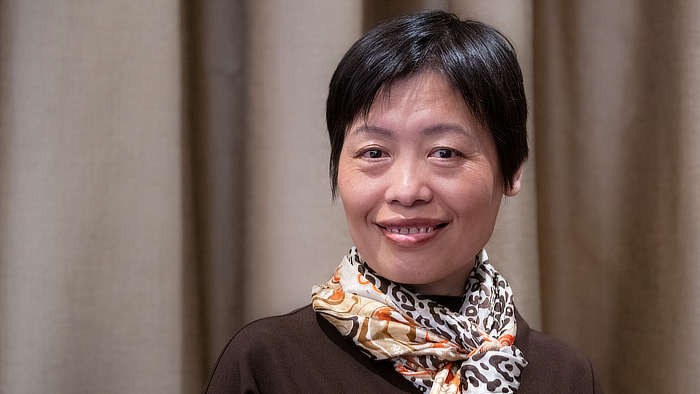
CHINA is constantly seeking mutual learning and exchange among civilisations rather than cultural hegemony and refrains from imposing its values and political systems on others, a professor in that country’s history has said.
Giving a lecture to Zimbabwean senior journalists on Chinese Civilisation and the Development of Contemporary China in Changsha, Hunan province, on Saturday, Xie Jun from the Hunan University, said the ideology of peaceful development is an intrinsic gene of Chinese culture.
More than 20 senior journalists from public and private media are in China attending a nearly three-week-long Seminar on Media Professionals in Zimbabwe.
“A country’s and nation’s choice of development path is not only restricted by specific economic and political factors, but also depends on its unique historical and cultural traditions,” Xie said.
She said to show China’s character, her country helped Vietnam fend off invaders by providing significant military, financial and material support to North Vietnam during the Vietnam war against both France and the United States.
“After the war, the Chinese soldiers returned back home. They did not continue their stay there,” she said.
Xie took a dig at other countries that set up military bases in foreign countries.
“We are not like other countries that have a military base in this country, a military base in that country, “she said.
- The brains behind Matavire’s immortalisation
- Red Cross work remembered
- All set for inaugural job fair
- Community trailblazers: Dr Guramatunhu: A hard-driving achiever yearning for better Zim
Keep Reading
Between 1950 and 1975, China provided substantial military assistance to North Vietnam, including weapons, ammunition and other war materials.
During that period, China sent 320 000 troops to North Vietnam, primarily in engineering and air defence roles, to support the war effort, where they helped build and repair infrastructure, including roads, railways and bridges, crucial for maintaining supply lines.
She said they had achieved “moderate prosperity, the millenia-old dreams of Chinese nation”, through persistent hard work.
Xie said according to China President Xi Jinping, “the principal problem facing Chinese society in the new era is unbalanced and inadequate development, holding back the people’s ever-growing desire for a better life”, adding: “. . . major country diplomacy with Chinese characteristics aims to serve national rejuvenation, promote human progress and foster a new form of international relations and build a community with a shared future for humanity.”
Xie said The Belt and Road Initiative (BRI), a global co-operation framework established since 2013, connects over 150 countries via infrastructure and trade, and that recent priorities focus on green energy and digital innovation for shared prosperity.
“Thriving new business models of international trade, represented by cross-border commerce and overseas warehouses, are providing better services and more choice to global consumers, and promoting global trade innovations,” the professor said.
“Silk Road E-commerce is an important means by which China can capitalise on its strengths in e-commerce technology application, model innovation and market size, expand economic and trade co-operation, and share the opportunities of digital development with BRI participants.”









